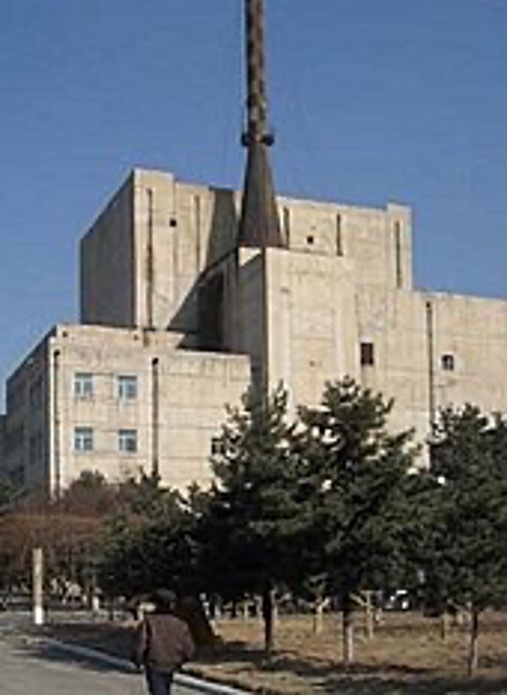Source: https://www.neimagazine.com/news/newsiaea-reports-activity-at-north-korean-reactor-11405973
International Atomic Energy Agency (IAEA) Director General Rafael Mariano Grossi has recalled that in his opening statement to the IAEA Board in November, he reported that IAEA had observed increased levels of activity at, and near, the Light Water Reactor (LWR) at Yongbyon in North Korea. Also – since mid-October – a strong water outflow from its cooling system was noted. These observations were consistent with the commissioning of the LWR, he said.
More recent observations now indicate that this water discharge is warm, which is also consistent with ongoing commissioning of the LWR, a process that takes some time for any new reactor. However, the discharge of warm water is indicative the reactor has reached criticality. It remains the case that without access to the facility the Agency cannot confirm its operational status.
The LWR, like any nuclear reactor, can produce plutonium in its irradiated fuel, which can be separated during reprocessing, so this is a cause for concern, Grossi noted. “Concerning the safety of the LWR, we do not have sufficient information to make an assessment. Of course, safety should always be the paramount issue when starting a new reactor. Nuclear safety is a sovereign responsibility of the State and the IAEA supports the States in this area.”
He added: “I repeat that the further development of the DPRK’s nuclear programme, including the construction and operation of the LWR, is a violation of UN Security Council resolutions and is deeply regrettable. I call upon the DPRK to comply fully with its obligations under Security Council resolutions, to cooperate promptly with the Agency in the full and effective implementation of its NPT Safeguards Agreement and to resolve all outstanding issues, especially those that have arisen during the absence of Agency inspectors from the country. The Agency is ready to engage on any of the above issues, including safety.”
South Korean Defence Minister Shin Wonsik told a National Assembly committee that the North Korean reactor would probably be fully operational by mid-2024. Defense Minister Shin Wonsik told local reporters that South Korea had spotted similar cooling system-related activities at the reactor in the summer. Shin said the reactor appears to be in the stage of a trial operation.
North Korea has long produced weapons-grade plutonium from its smaller 5 MWe reactor at Yongbyon. However, the LWR is more suited for electricity generation. Shin noted there has been no country that has used light-water reactors to produce weapons-grade plutonium. The IAEA and foreign governments rely on satellite imagery and other methods to monitor activities at Yongyon after North Korea expelled IAEA inspectors in 2009.

New IKEA "KÄRNA" build it yourself nuclear reactor now available.